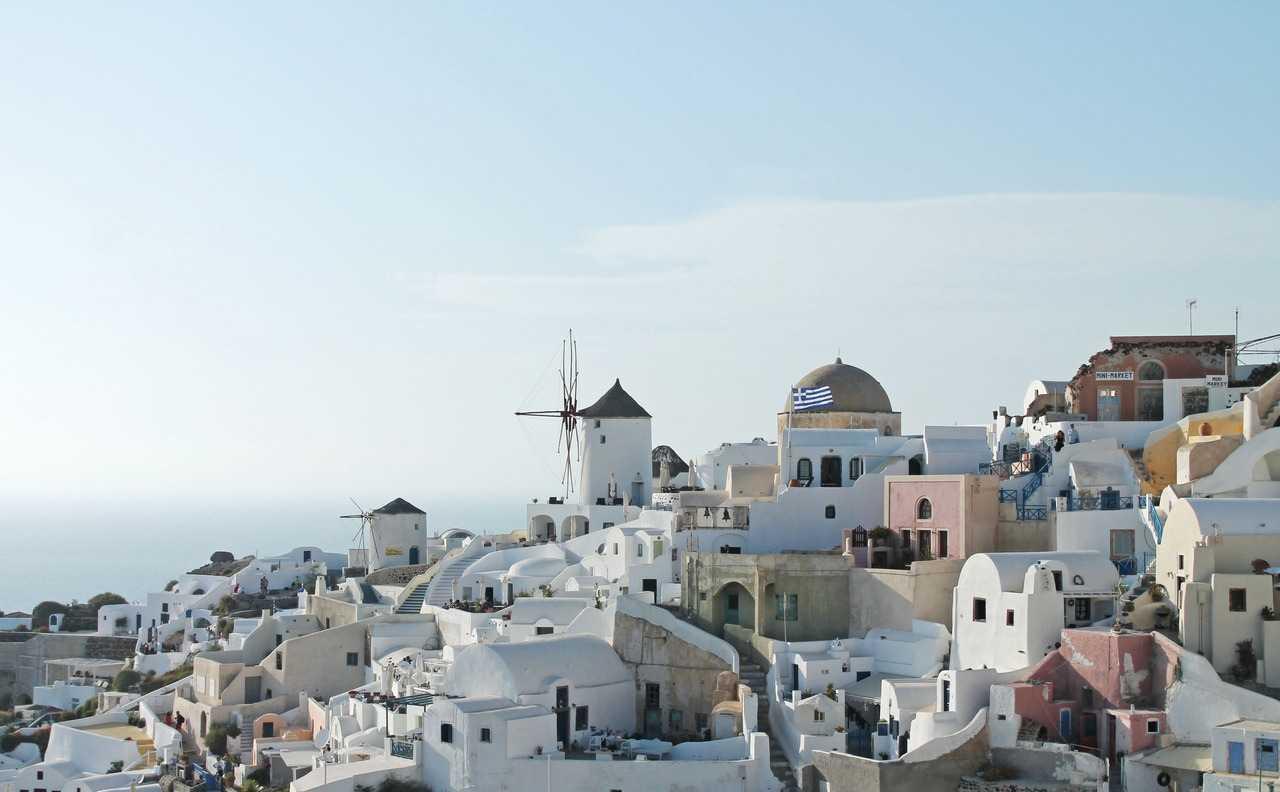New Blog
Exploring the World: The Essence of Tourism
By Alex Smith | April 23, 2025

Tourism is more than just traveling; it's an exploration of cultures, histories, and landscapes that enrich our understanding of the world. From the bustling streets of metropolitan cities to the tranquil beauty of remote villages, tourism offers a gateway to diverse experiences that shape our perspectives and foster global connections.
The evolution of tourism has been remarkable. In ancient times, people traveled for trade, conquest, or pilgrimage. Today, tourism encompasses leisure, adventure, education, and cultural exchange. The industry has become a significant economic driver, contributing to employment, infrastructure development, and cultural preservation.

The Economic Impact of Tourism
Tourism plays a vital role in the global economy. According to the World Travel & Tourism Council, the industry accounted for 10.3% of global GDP and supported 330 million jobs in 2019. The influx of tourists stimulates local businesses, from hotels and restaurants to artisans and tour operators, fostering economic growth and development.
Moreover, tourism encourages investment in infrastructure, such as transportation, communication, and public services, benefiting both tourists and local communities. It also promotes cultural exchange and understanding, contributing to social cohesion and global peace.

Sustainable Tourism: Preserving Destinations
As tourism grows, so does the responsibility to ensure its sustainability. Sustainable tourism aims to minimize environmental impact, respect local cultures, and provide economic benefits to host communities. Practices include promoting eco-friendly accommodations, supporting local businesses, and encouraging responsible traveler behavior.
Destinations like Bhutan have implemented policies to control tourist numbers, preserving their cultural heritage and natural environment. Similarly, initiatives like community-based tourism empower locals to manage tourism activities, ensuring that benefits are equitably distributed.

Challenges in the Tourism Industry
Despite its benefits, tourism faces several challenges. Overtourism can lead to environmental degradation, cultural erosion, and strain on local resources. Cities like Venice and Barcelona have experienced such issues, prompting discussions on visitor management and sustainable practices.
The COVID-19 pandemic also highlighted the industry's vulnerability, with travel restrictions causing significant economic losses. This has led to a reevaluation of tourism models, emphasizing resilience, diversification, and the importance of domestic tourism.

The Future of Tourism
The future of tourism lies in innovation and sustainability. Technological advancements, such as virtual reality and artificial intelligence, are transforming the way we plan and experience travel. Personalized itineraries, contactless services, and digital guides enhance convenience and safety.
Additionally, there's a growing emphasis on meaningful travel experiences. Tourists seek authentic interactions, cultural immersion, and opportunities to contribute positively to the places they visit. This shift encourages destinations to develop unique offerings that reflect their heritage and values.

“Travel is the only thing you buy that makes you richer.” – Anonymous
